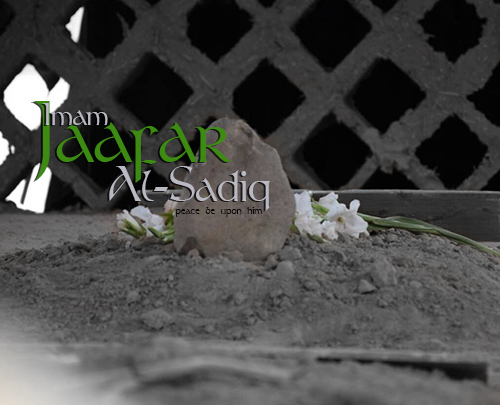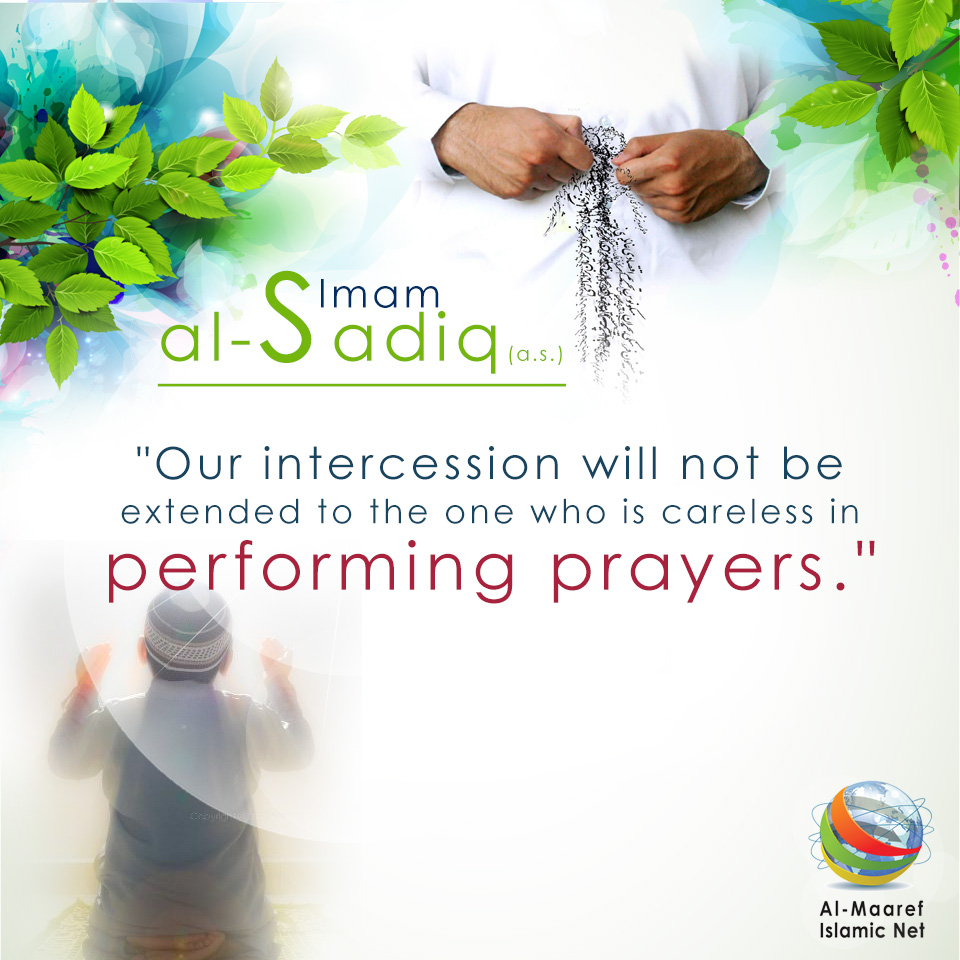What was discussed above is related to the first stage of Imam Sadiq's (AS) life. There are a number of clues that indicate those developments belonged to this period. The second stage begins when Mansour comes to power. After Mansour assumes power, the restrictions and repression are once again imposed and the conditions similar to those of Imam Baqir's (AS) era prevail. Various pressures are exerted on his holiness and the Imam is frequently exiled to Hireh, Vaset, Romailah, and other places. He is also summoned several times. The Caliph takes outrageous measures against him and addresses him angrily. Once the Caliph says: "God May kill me if I do not kill you." [Bahar-ul-Anwar, P. 174, Tradition 21]
Once the Caliph asked the ruler of Medina: "set the house of Ja'far ibn Muhammad on fire." But the Imam passed through the flames safely and through his pounding remarks demonstrated a strange scene: "I am the son of a mighty Imam; I am the son of Abraham, the Friend of God (who also passed through the flames safely)." [Ibid, p. 136, Tradition 186.] The Imam's remarks frustrated most of the opponents. The confrontations between Imam Sadiq (AS) and Mansour were often harsh. Mansour frequently threatened the Imam. Of course there are a number of traditions implying that his holiness had expressed his humbleness and meekness to Mansour! Without any doubt none of these traditions are correct. I have conducted research on these traditions and come to the conclusion that none of them are authentic. These traditions are often traced back to Rabi' Hajeb who is definitely a corrupt figure and a close ally of Mansour. Ironically, some people have said that Rabi' was a Shiite and a lover of the Ahl-ul-Beit (the Progeny of the Holy Prophet)!
How can Rabi' be a Shiite? Rabi' was a servant, subservient, and a bondman of Mansour. He is one who had entered the Abbasside system in his childhood, served them and had become the confidante of Mansour. He had served them a lot and attained the rank of minister in the Abbasside system. Had not it been for Rabi's efforts, the Caliphate would not have remained in Mansour's family after his death and most probably his uncles would have inherited it. Rabi', who was the only person on Mansour's bedside at the time of his death, counterfeited a will and testament for him in which Mansour's son Mahdi was named as his successor. Fazl ibn Rabi', who became a minister in the administrations of Haroun and Amin, was son of this man (Rabi Of course there are a number of traditions implying that his holiness had expressed his humbleness and meekness to Mansour! Without any doubt none of these traditions are correct. I have conducted research on these traditions and come to the conclusion that none of them are authentic. These traditions are often traced back to Rabi' Hajeb who is definitely a corrupt figure and a close ally of Mansour.
Ironically, some people have said that Rabi' was a Shiite and a lover of the Ahl-ul-Beit (the Progeny of the Holy Prophet)! How can Rabi' be a Shiite? Rabi' was a servant, subservient, and a bondman of Mansour. He is one who had entered the Abbasside system in his childhood, served them and had become the confidante of Mansour. He had served them a lot and attained the rank of minister in the Abbasside system. Had not it been for Rabi's efforts, the Caliphate would not have remained in Mansour's family after his death and most probably his uncles would have inherited it. Rabi', who was the only person on Mansour's bedside at the time of his death, counterfeited a will and testament for him in which Mansour's son Mahdi was named as his successor. Fazl ibn Rabi', who became a minister in the administrations of Haroun and Amin, was son of this man (Rabi'). The members of this family are well known for their loyalty to the Abbasside. They were not loyal to the Progeny of holy Prophet (peace be upon him and his household) at all, and what Rabi' has said about the Imam are all lies and fabricated. The objective of these fabrications was to project the Imam as a person who expressed his humbleness to the Caliph so that other people also be frightened and obey the tyrant caliph Mansour. However, the Imam's confrontations with Mansour were very harsh until they led to the Imam's martyrdom in 148 hegira.
* Adapted from the book: "The Concept of Combat in the Life of Imams"




















